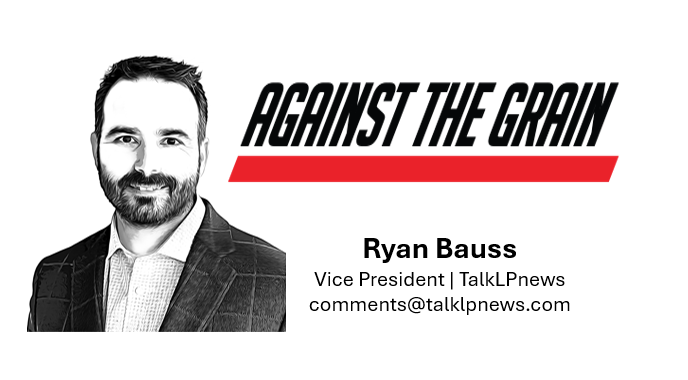There’s a quiet trend that’s been sweeping through the loss prevention industry and if you blink, it might just look like corporate whack-a-mole. But look a little closer, and you’ll see something else.
One by one, long-standing LP executives – seasoned, specialized, committed – are being shown the door. And in their place? Operators. They’re not LP experts, or threat analysts, or asset protection strategists. They’re operators. Trusted ones. Handpicked from the C-suite’s inner circle. People who know just enough about LP to be dangerous. And guess what? They’re in charge now.
They don’t have your background. They don’t know your playbook. But they have one thing you don’t… a seat at the table. If you’re one of those LP leaders still sitting safely in your corner office, sipping chai tea, and polishing up the latest ORC PowerPoint, I hate to say it, but: you might be next.
The industry reacts the same way every time this happens.
We gasp. We rally. We write long, tearful LinkedIn posts about institutional knowledge being “vaporized” with a single swing of an HR sword. We say things like, “He built that program from nothing,” or “She was the best leader we had.”
And all of that might be true. But let’s not pretend we don’t understand what’s happening. Your organization didn’t restructure. It made a statement, “We don’t respect you the way you thought we did, we don’t see your skill set as essential, we don’t think you speak the language of the business.” And guess what? They’re not wrong.
You may be saying, “whose side are you on?” There are no sides, just circumstance and missed opportunities. Take a moment to raise up the mirror. When was the last time you ran a store? Managed a freight team? Balanced sales goals with scheduling constraints? Do you know what a conversion rate is?
You’ve spent decades mastering your craft from investigations to crisis management and product protection to risk analysis. Unfortunately, none of that matters when you’re talking to an executive team obsessed with one thing: sales.
Because here’s the math:
There is no calculus where shrink reduction is prioritized over a revenue increase. You could prevent $500,000 in loss with one strategic move, but if that move risks even a fraction of sales, guess which one wins? The operator wins. Every time.
So what now? Do we pack up our Vineyard Vines polos and quietly fade out of relevance?
No! We evolve. Not in theory. In practice.
You want to preserve your seat? It’s time to rethink your approach. Forget what you know and start fresh.
I’m not saying apply for the next Store Manager opening (you’re grossly unqualified, by the way). I’m saying go to a store. Shadow a front-end supervisor. Stock with the grocery crew. Bag some groceries. Yeah, I said it… Bag. Some. Groceries.
Do it because it’s what no one expects you to do. Especially during holiday selling, when store teams are stretched thin and corporate know-it-alls are comfortably “supporting from a distance.” That’s your window. Show up, help and listen.
You want to build credibility? Change perception? Speak the language? Then you better learn the dialect first. And in retail, that dialect is math. Not LP math. Not exception reports. There’s only one equation: Sales. That’s it.
Everything else is negotiable. Sales are the lifeblood.
And if your idea of impact doesn’t speak directly to the P&L, then your message is noise.
Static. A foreign language spoken at the wrong table. I know this is hard to hear. I know it doesn’t feel fair. But the moment you were replaced, the message was clear: They didn’t think you got it. So now you have a choice: Prove them right. Or start learning the language of those who took your place and show them you speak it even better.
Welcome to the inner circle. The language is sales. The currency is credibility.
And the next move? It might be against the grain, but that’s on you.

